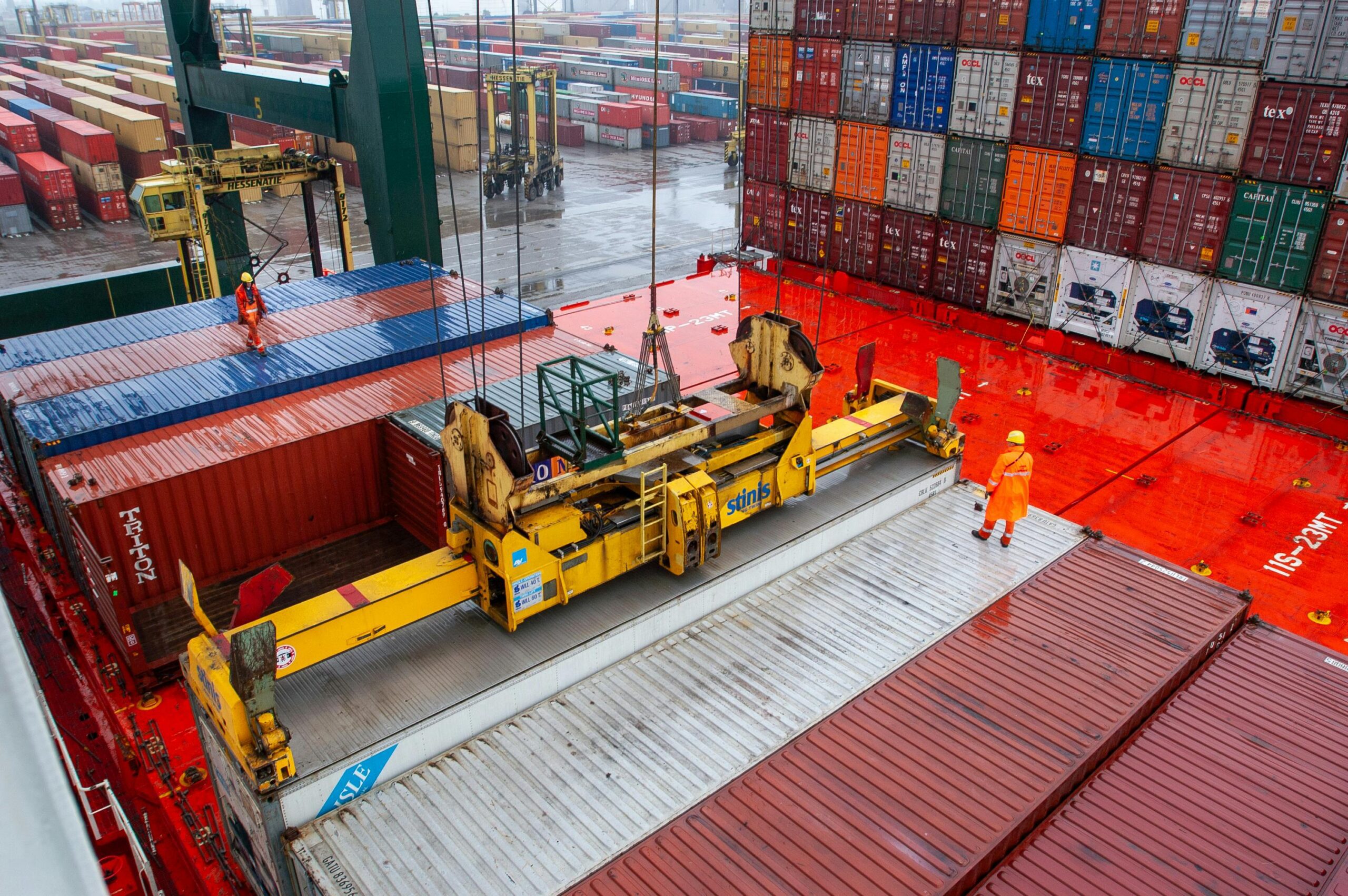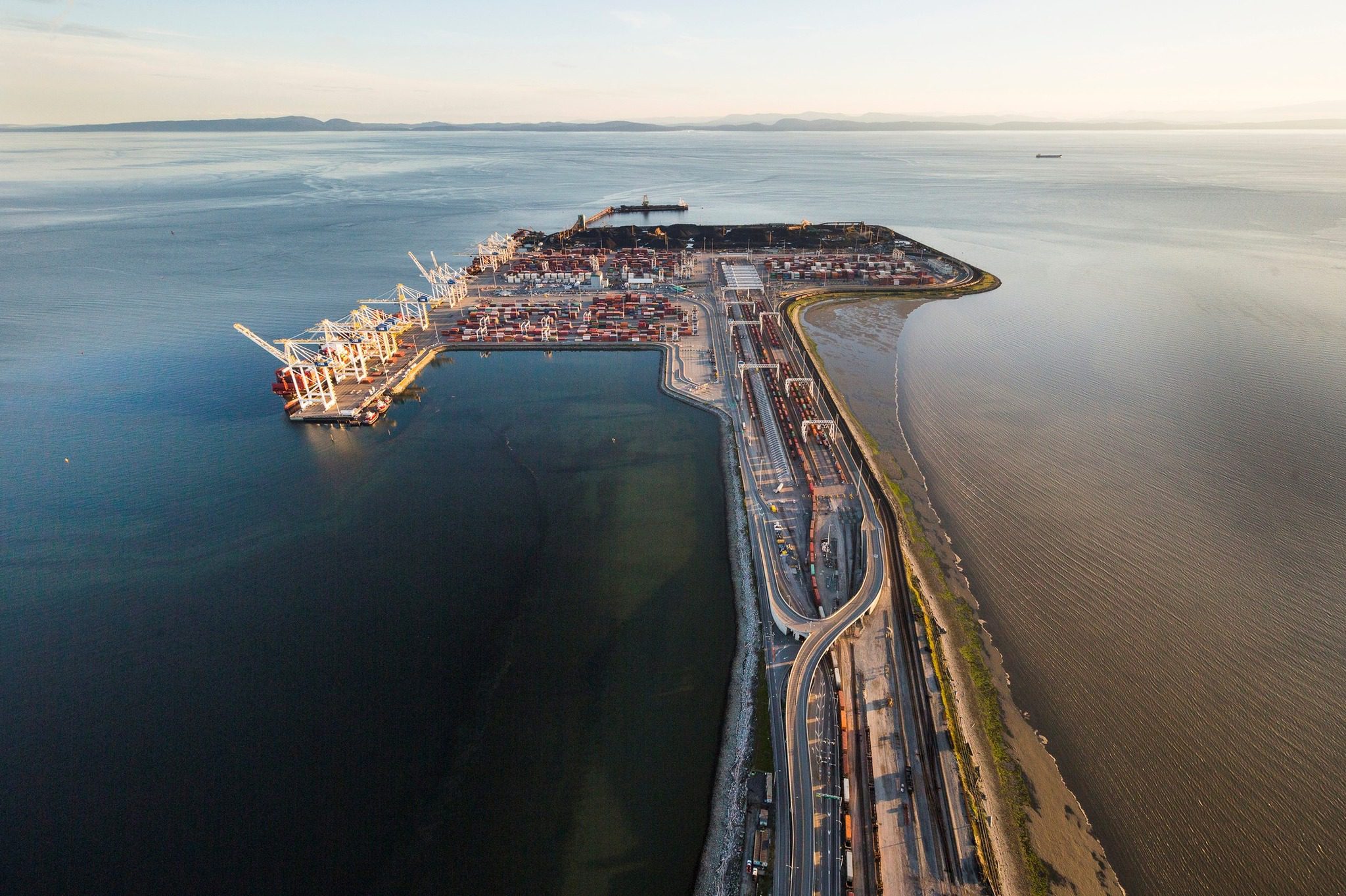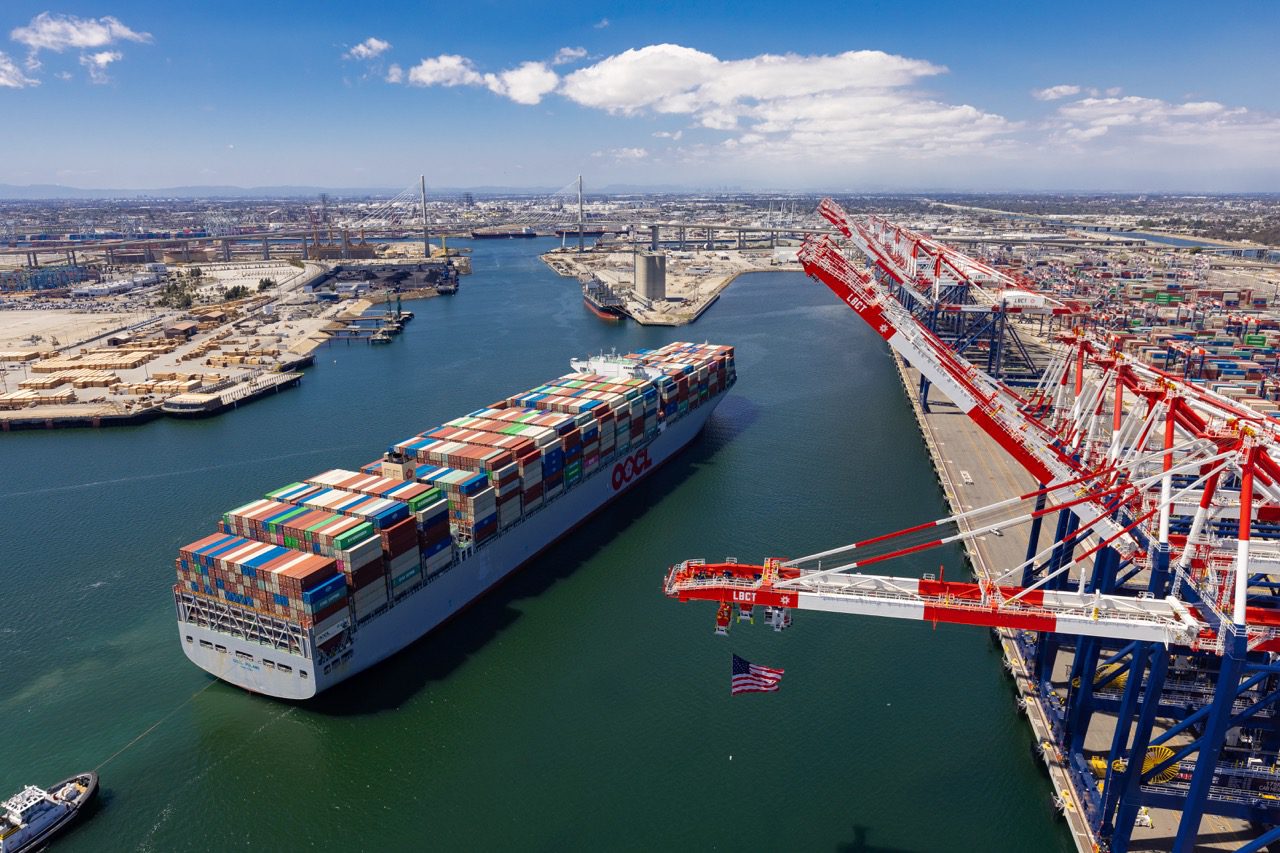As global trade gets rocked by geopolitical events, gamblers are betting on supply chain and economic disruptions. Polymarket, a decentralized prediction platform using cryptocurrency to wager on world events, is now forecasting a 95 percent chance of a strike at major U.S. ports along the East Coast and Gulf of Mexico. This potential strike could lead to significant disruptions in the global supply chain.
This prediction isn’t just a number—it’s potentially a barometer of sentiment for large scale disruption.
That said, the odds are volatile. As I was writing this article, the prediction dropped to 76 percent, whereas just a few days ago it was hovering around 63 percent. Moreover, the size of the bets is comparatively small. While gamblers are wagering over $1 billion worth of crypto assets on the outcome of the US presidential election, at the time of this writing, a paltry $13,475 has been placed on the port strike so far.
What Is Polymarket and Why Does It Matter?
Polymarket is a prediction market platform where participants trade on the outcomes of real-world events. By aggregating diverse opinions and involving financial stakes, some experts claim it provides more accurate forecasts than traditional polls or expert analyses. Others, however, view it as mere gambling.
The significance of Polymarket’s predictions lies in their ability to reflect collective expectations about future events. For instance, a 95% chance of a port strike suggests that a majority of informed participants with skin in the game believe a disruption is more likely than not.
However, Polymarket has limitations. Based on betting, predictions can be inaccurate and volatile due to incomplete information, rumors, and emotions. Breaking news or last-minute agreements can significantly alter predicted outcomes.
The Looming Port Strike: An Overview
The International Longshoremen’s Association (ILA), representing over 85,000 dockworkers, is in a standoff with the United States Maritime Alliance (USMX), which includes major employers like Maersk’s APM Terminals and SSA Marine. The crux of the disagreement revolves around wages, benefits, and the contentious issue of terminal automation.
With the existing six-year contract set to expire on September 30th, negotiations have stalled. The ILA has expressed readiness to strike if their demands aren’t met, a move that could halt operations at 36 ports from Maine to Texas. Given that these ports handle nearly half of the nation’s ocean imports, the implications are vast.
A strike of this magnitude would send shockwaves through global supply chains and might even sway the US presidential elections. Importers and exporters would grapple with delays, soaring costs, and logistical nightmares. The ripple effects could hit industries across the board—from retail to manufacturing—potentially triggering inventory shortages that impact everything from holiday shopping to car production.
Click HERE for gCaptain’s full coverage of the ongoing labor negotiations or HERE to place a bet on polymarket.

 Join The Club
Join The Club











